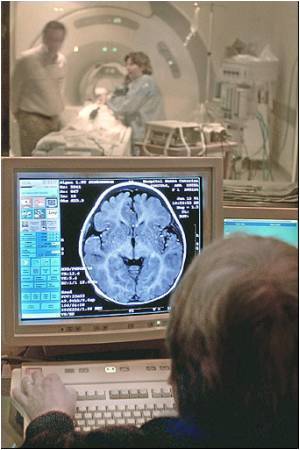A researcher has tried to find what goes right in the brains of the elderly who still have terrific memories as well as whether such people even exist in a brand new study.

And on 3-D MRI scans, the SuperAger participants' brains appear as young-and one brain region was even bigger-than the brains of the middle-aged participants.
She was astounded by the vitality of the SuperAgers' cortex - the outer layer of the brain important for memory, attention and other thinking abilities.
Theirs was much thicker than the cortex of the normal group of elderly 80 and older (whose showed significant thinning) and closely resembled the cortex size of participants ages 50 to 65, considered the middle-aged group of the study.
"These findings are remarkable given the fact that grey matter or brain cell loss is a common part of normal aging," Rogalski, principal investigator of the study, said.
By identifying older people who seem to be uniquely protected from the deterioration of memory and atrophy of brain cells that accompanies aging, Rogalski hopes to unlock the secrets of their youthful brains.
Advertisement
By measuring the thickness of the cortex - the outer layer of the brain where neurons (brain cells) reside - Rogalski has a sense of how many brain cells are left.
Advertisement
"A thicker cortex, suggests a greater number of neurons," Rogalski said.
In another region deep in the brain that is responsible for attention, the anterior cingulate of SuperAger participants' was actually thicker than in the 50 to 65 year olds.
Only 10 percent of the people who "thought they had outstanding memories" met the criteria for the study. To be defined as a SuperAger, the participants needed to score at or above the norm of the 50 to 65 year olds on memory screenings.
"These are a special group of people," Rogalski said.
For the study, Rogalski viewed the MRI scans of 12 Chicago-area Superager participants' brains and screened their memory and other cognitive abilities.
The study included 10 normally aging elderly participants who were an average age of 83.1 and 14 middle-aged participants who were an average age of 57.9. There were not significant differences in education among the groups.
The study has been published in the Journal of the International Neuropsychological Society.
Source-ANI











